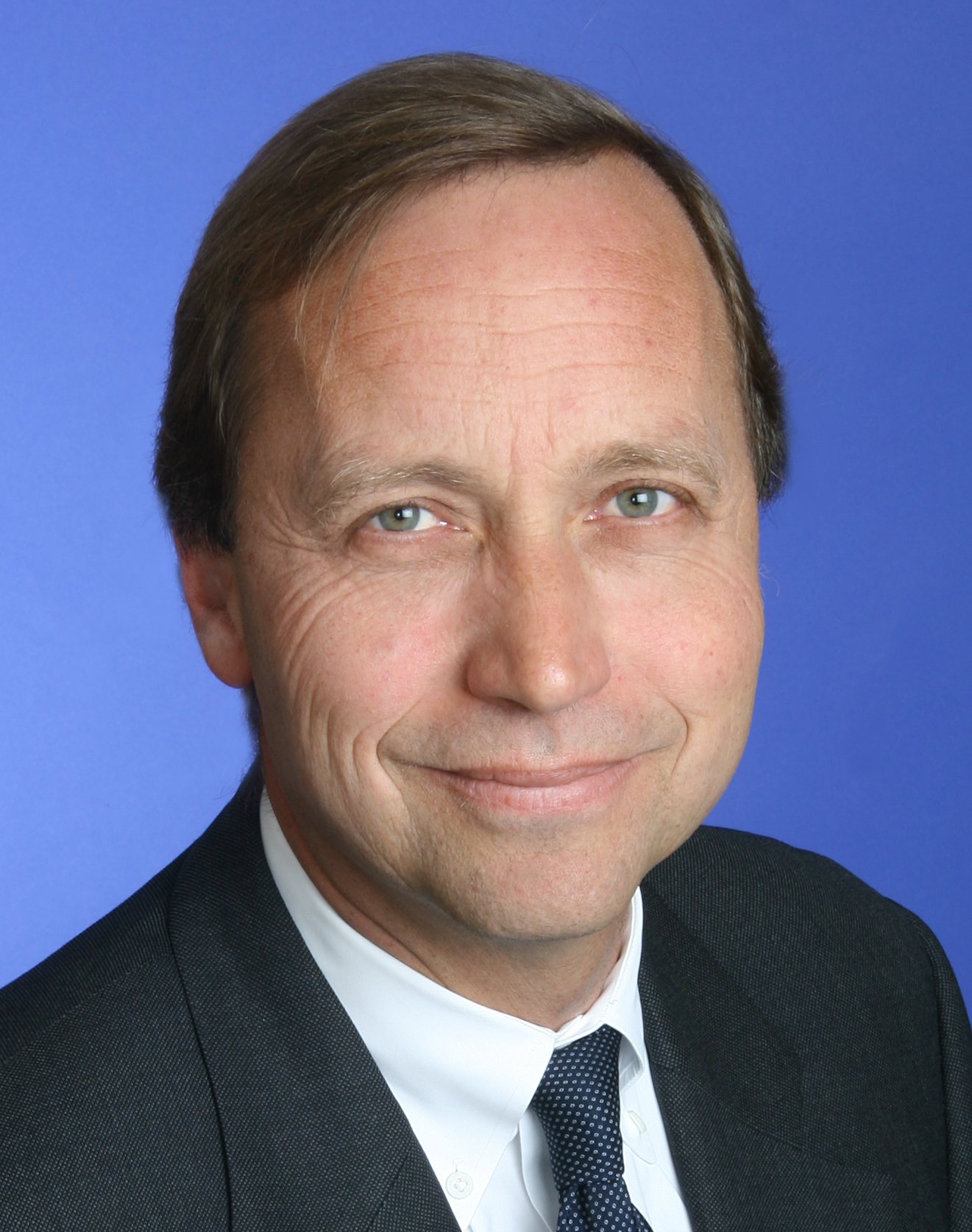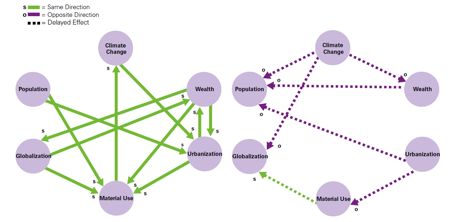 David Warren, KPMG
David Warren, KPMG
 Rob Brouwer, KPMG
Rob Brouwer, KPMG
For some time there has been an ongoing debate about how business operations affect the health and sustainability of communities and the environment. Today, for leading corporations, the debate is over. They've moved on. They know their responsibilities to people and the planet – and know that fulfilling these responsibilities builds long-term value for shareholders.
Today’s corporate leaders are now focusing on the triple bottom line (people+planet+profit). This is not merely a response to increasing social and political expectations. Rather, forward-thinking businesses have recognized that intensive resource consumption and environmental degradation actually inhibit human progress. They are shifting to solutions-based thinking around sustainability – and in doing so they are identifying a new world of business opportunities.
Interconnected Forces
In KPMG’s recent report Expect the Unexpected: Building Business Value in a Changing World[i], we explore a system of 10 sustainability megaforces that will powerfully shape every industry over the next two decades. These forces are interconnected. It is vital for business leaders to understand how they interact to craft informed and effective risk strategies and maximize growth potential.
The 10 megaforces will pose great challenge to and provide rich opportunities for business:
- climate change
- energy and fuel
- material resource scarcity
- water scarcity
- population growth
- wealth
- urbanization
- food security
- ecosystem decline
- deforestation
These megaforces will transform how we do business in many ways – from mitigating losses due to climate change to improving infrastructure in cities in Asia and Africa; from navigating potential water shortages to serving an expanding middle class.
What are the implications? In terms of planning and projecting, current trends and the sum of sustainability megaforces should be considered as a whole. Consider, for example, current projections about the growing size and wealth of a global middle class. This implies increasing demand for consumer goods and services, as well as accelerating needs for natural and material resources.
Or consider food security. The need for higher food production is related to the impact of deteriorating soil quality, competition for land use and greater pressure on local supplies of fresh water.
Taking a Holistic View
The lesson for business is to approach sustainability holistically; apply foresight and finesse to sustainability programs and strategies. This will help ensure that the entire system of megaforces is considered in understanding and preparing for future risks – while harnessing the full potential of new opportunities.
To help visualize the complex and interactive landscape of sustainability, KPMG has used the nexus approach (see Figure 1 below). This tool has been widely used by the World Economic Forum and others to analyze how megaforces interact. Companies may benefit from exploring these nexuses in their own contexts to develop their solutions to the challenges of our ever-changing world.
 Figure 1: Footprint Nexus
Figure 1: Footprint Nexus
Source: Sustainable Insight – Expect the Unexpected: Building Business Value in a Changing World, KPMG 2012
Rio +20: Business Takes the Lead
Earlier this year, international leaders convened in Brazil for the Rio +20 UN Conference on Sustainable Development. Expectations were low that any real achievement would result from the conference, a far cry from the landmark Earth Summit that occurred 20 years earlier in the same city.
The official results were predictably underwhelming, characterized by watered-down language, questionable political will and few concrete commitments. However, the real story is what happened beyond official talks.
Yvo de Boer, Special Global Advisor, KPMG Climate Change & Sustainability (and former Executive Secretary of the UN Framework Convention on Climate Change) attended the conference.
“To me there seemed to be two worlds operating in parallel at Rio. The political world – based around the formal conference and the outcome document – ground to a halt in a sea of nothingness. But the business community was full of energy and enthusiasm and broke away from the formal process in a way that was liberating and forward looking,” says De Boer.[ii]
A real role reversal has taken place over the past 20 years. Governments were the drivers of change at the original summit. In 2012, it was business – along with non-profits and some government reps – that got down to work on the sidelines.
“Many have recognized that sustainability megaforces such as climate change, water scarcity, food security and urbanization are not waiting for the politicians to make up their minds. Instead, businesses have taken action on their own,” adds De Boer.[iii]
Keep your business at the forefront of these changes by thinking systematically about the forces that will shape our companies, our world and our lives in the times to come. With or without political progress, business is working with communities and organizations to tackle the tough issues of sustainability and to create robust, lasting economies.
[iii] Ibid.
Dave Warren, CA is a Senior Manager, and Rob Brouwer, FCA is Canadian Managing Partner, Clients and Markets, for KPMG LLP in Canada.